The reason the United Nations and its various institutions, as well as the Arab and Islamic world, despite the multiple meetings they held, failed to end the anti-human disaster that the Zionist regime created in Gaza is an important issue that has been discussed in the previous writings. It has been addressed to some extent, and of course, there is room for lawyers and political analysts to manage it more, but an important issue that is perhaps less directly investigated is the role of the United States in the continuation and cessation of the Gaza war; the US, which is the most important ally and supporter of the Zionist regime, unlike other power blocs, has various tools to force the Zionist regime to end the war.
The United States can threaten the Zionist regime by cutting off arms aid, lack of support and defense in the United Nations, or stopping its long-term efforts to normalize relations between the Zionist regime and the Arab countries. However, Joe Biden’s administration does not pursue such a policy towards the Zionist regime. In fact, not only has the US not used the tools available to it, but instead, for more than a month, it has vetoed any kind of Security Council resolution to stop the war and establish a ceasefire. In the face of internal and international protests against the merciless killing of the people of Gaza, Washington has been content with silence and sometimes empty slogans about the need to save the lives of civilians.
But the question that arises is what is the reason for this American approach, and what are the goals of the Democrat authorities that rule this country in Gaza and the West Asian region? It seems that the Biden administration has four goals in mind for its positions regarding the war between Hamas and the Zionist regime:
– Explicit and unquestionable support for the Zionist regime to attract the opinions of influential Jews and the Zionist lobby
– Preventing the spread of the Gaza war to other countries in the region
– The release of prisoners under the authority of Hamas
– Helping to reduce civilian casualties to maintain the reputation and credibility of the United States and the Zionist regime
Based on this, it is clear that stopping the war between Hamas and the Zionist regime is not among the US goals. The main reason is that the US agrees with the declared goal of the Zionist regime, which is to destroy Hamas, even in a situation where the future of relations between Palestine and the Zionist regime is not clear. The United States has declared Hamas a terrorist organization, which, according to them, is one of the forces disrupting regional stability and threatening the economic and security interests of the United States. This militant group also does not recognize the existence of the Zionist regime, and this makes it the main obstacle to a two-state solution. On the other hand, Hamas also enjoys the support of Iran. As a result of its destruction, it not only helps to remove the threat against the interests of the US and the Zionist regime but also leads to the weakening of Iran’s position in the region.
As a result of this approach, the Biden administration, with apparently humanitarian goals, pressures the Zionist regime to accept a temporary cessation of attacks on Gaza and to be more careful in advancing its goals, but does not support a long-term ceasefire. From the point of view of the American authorities, a general ceasefire and a complete cessation of conflict throughout Gaza will benefit Hamas. At the same time, only the destruction or at least the weakening and humiliation of Hamas at various levels can secure the interests of the United States and the Zionist regime.
Of course, the Biden administration is facing pressure from its Democratic party members, Arab officials, and even some American diplomats to help end the attacks of the Zionist regime and end the blind killing of defenseless women and children and attacks on civilian areas. For his and his party’s success in the 2024 presidential election, Biden needs to attract the opinion of the American domestic public and make heroic gestures in the international arena. Having said that, what are the reasons the US does not pressure the Zionist regime to accept a permanent ceasefire in the war with Hamas? The answer is pretty clear: The rebelliousness of Netanyahu’s right-wing government and his disobedience to the requests of the world and even his allies to stop the war!
Based on this, the reality is that the result of years of signing blank checks to the Zionist regime and keeping silent against the racist and inhumane policies of the Zionist regime and especially the Netanyahu government towards the Palestinian people is that now, even if the White House for domestic political reasons demands to stop this battle, probably the Zionist regime will not comply; Moreover, the current government of the Zionist regime has refused to comply with America’s demands, including the halting of settlement constructions in the Palestinian territories of the West Bank, even under more normal conditions.
Based on this, the combination of these conditions, i.e., the joint interests of the US and the Zionist regime in the destruction or complete weakening of Hamas, and of course, the failure of the Netanyahu government to agree to the fruitless end of the war, indicate that the recent ceasefire in Gaza will not last long. However, the occurrence of some developments can change the course of the war, such as:
– The continuation of scattered attacks by resistance groups in such a way that an all-encompassing regional war does not start but seriously and continuously threatens the security and stability of the Zionist regime, causing social dissatisfaction among the residents of the occupied territories and increasing the costs of the Israeli regime.
– America’s political turn towards the electoral approach and this country’s use of its tools to put pressure on the Zionist regime to end the war.
– Changing the practice of the Arab and Islamic world, overcoming differences and passivity, and their joint action to sanction and isolate the Zionist regime in the region if this regime insists on the continuation of the war.




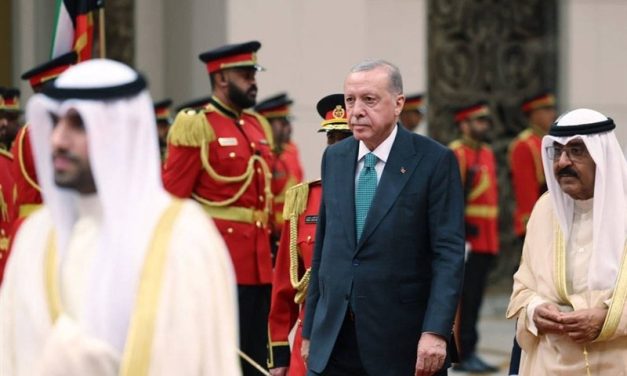
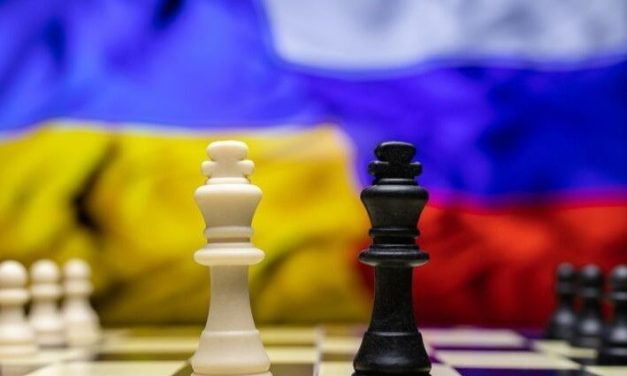
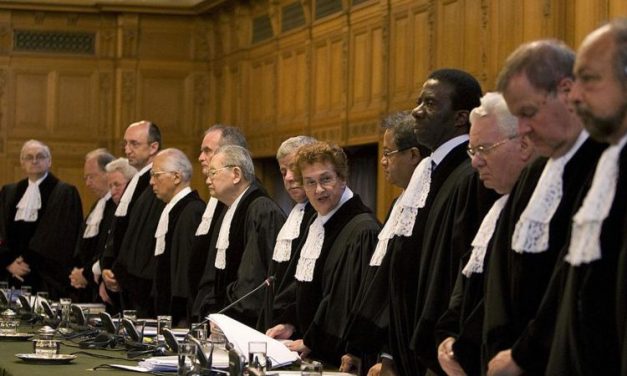
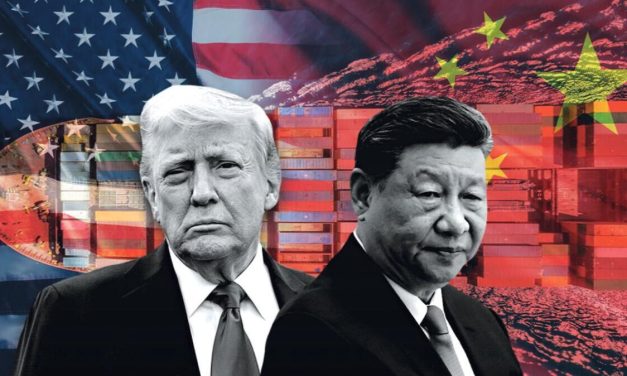
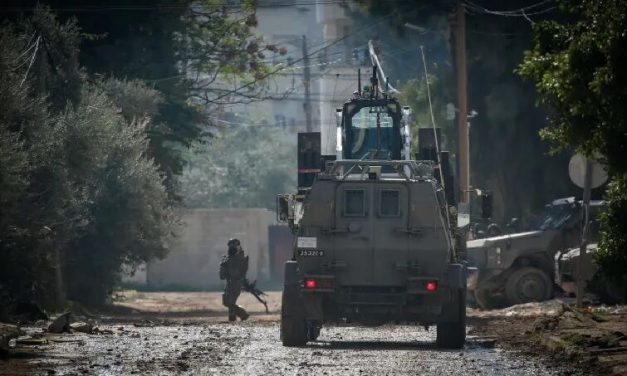

0 Comments